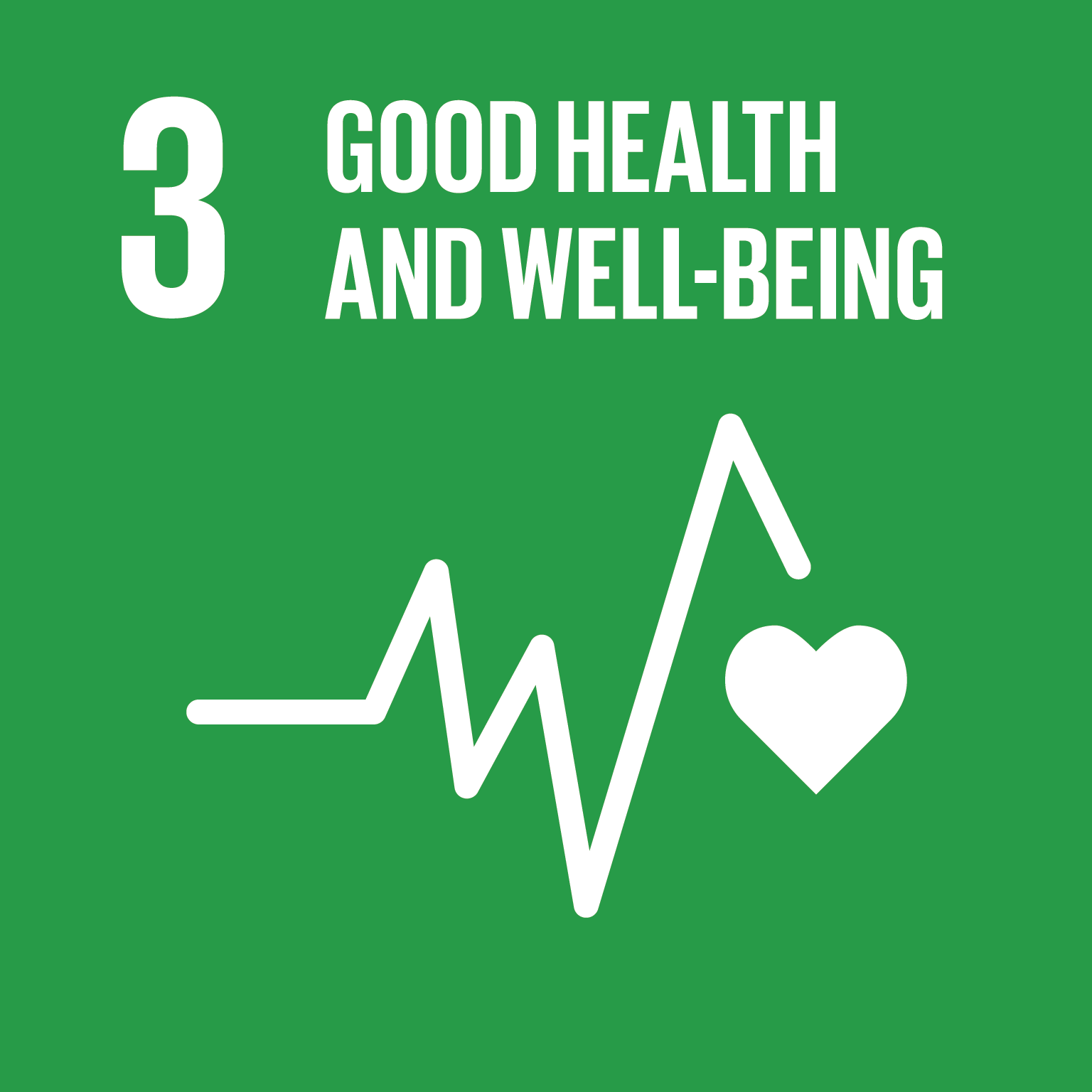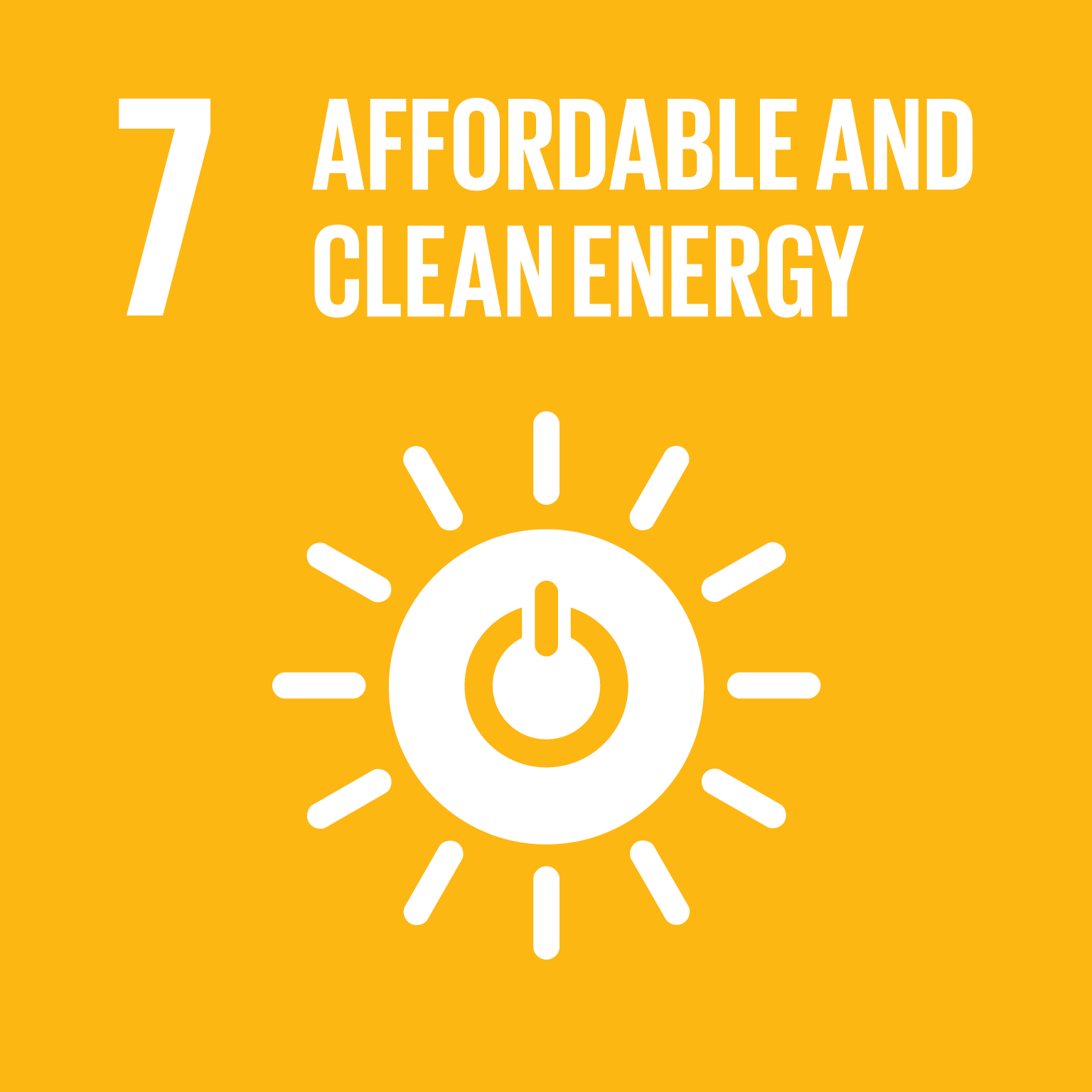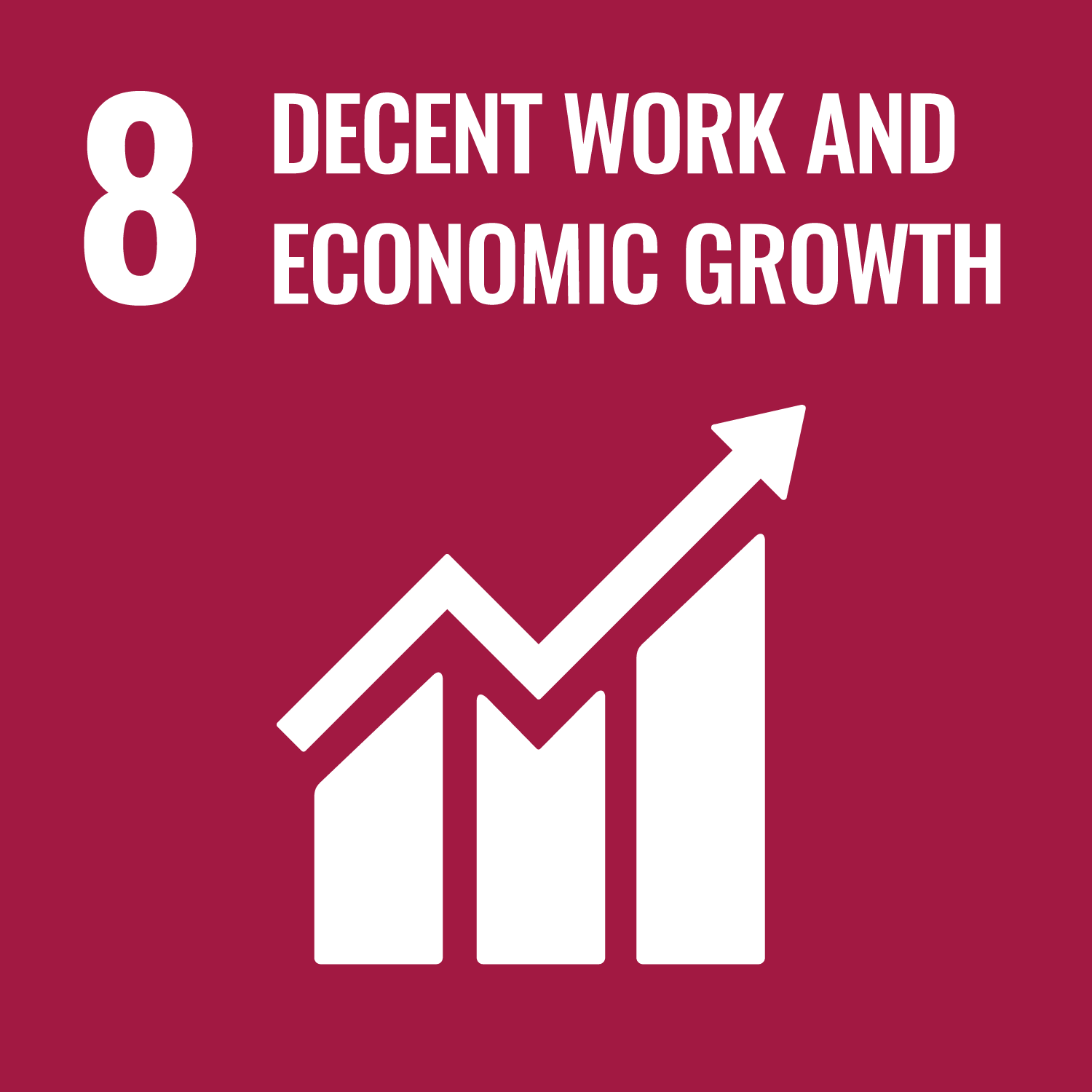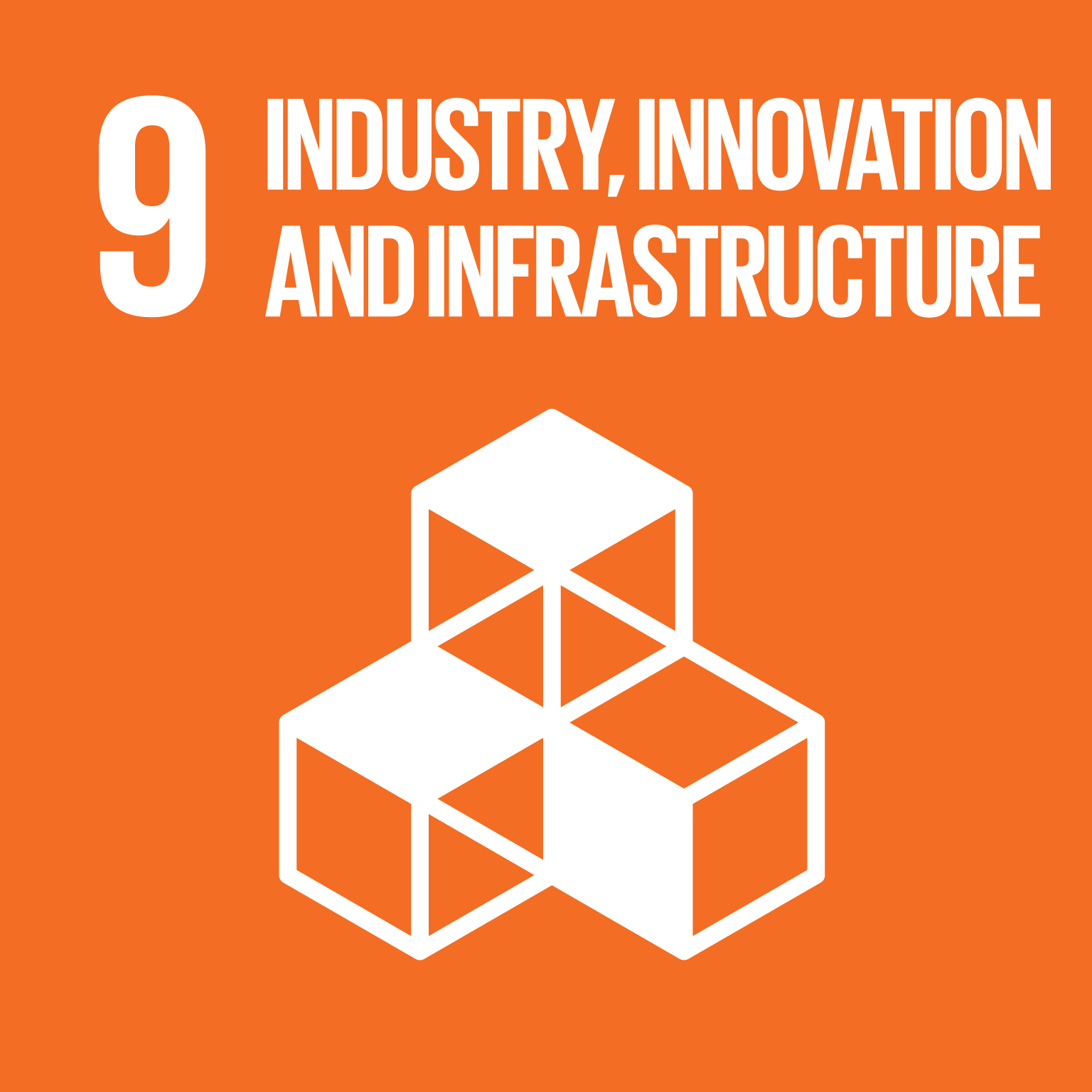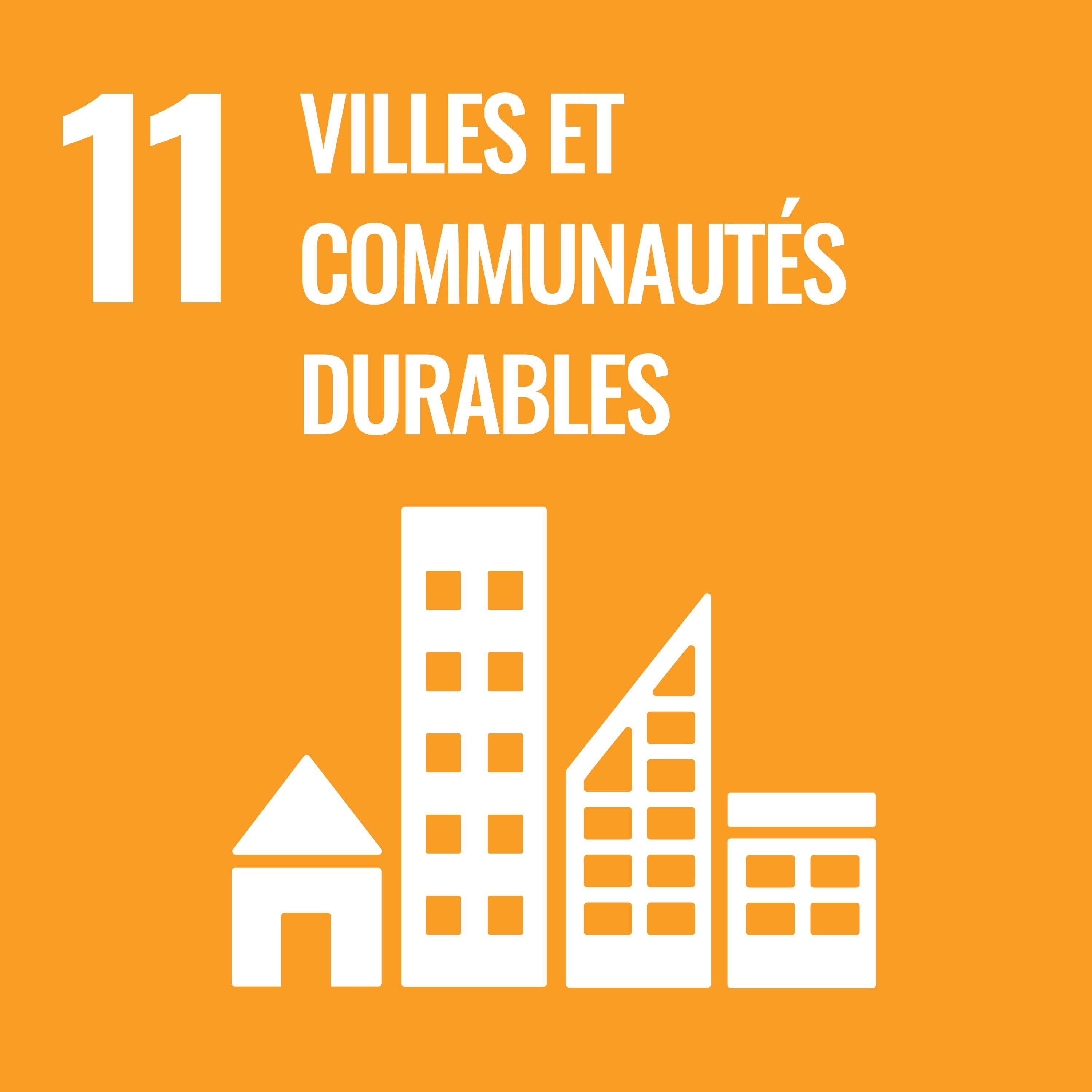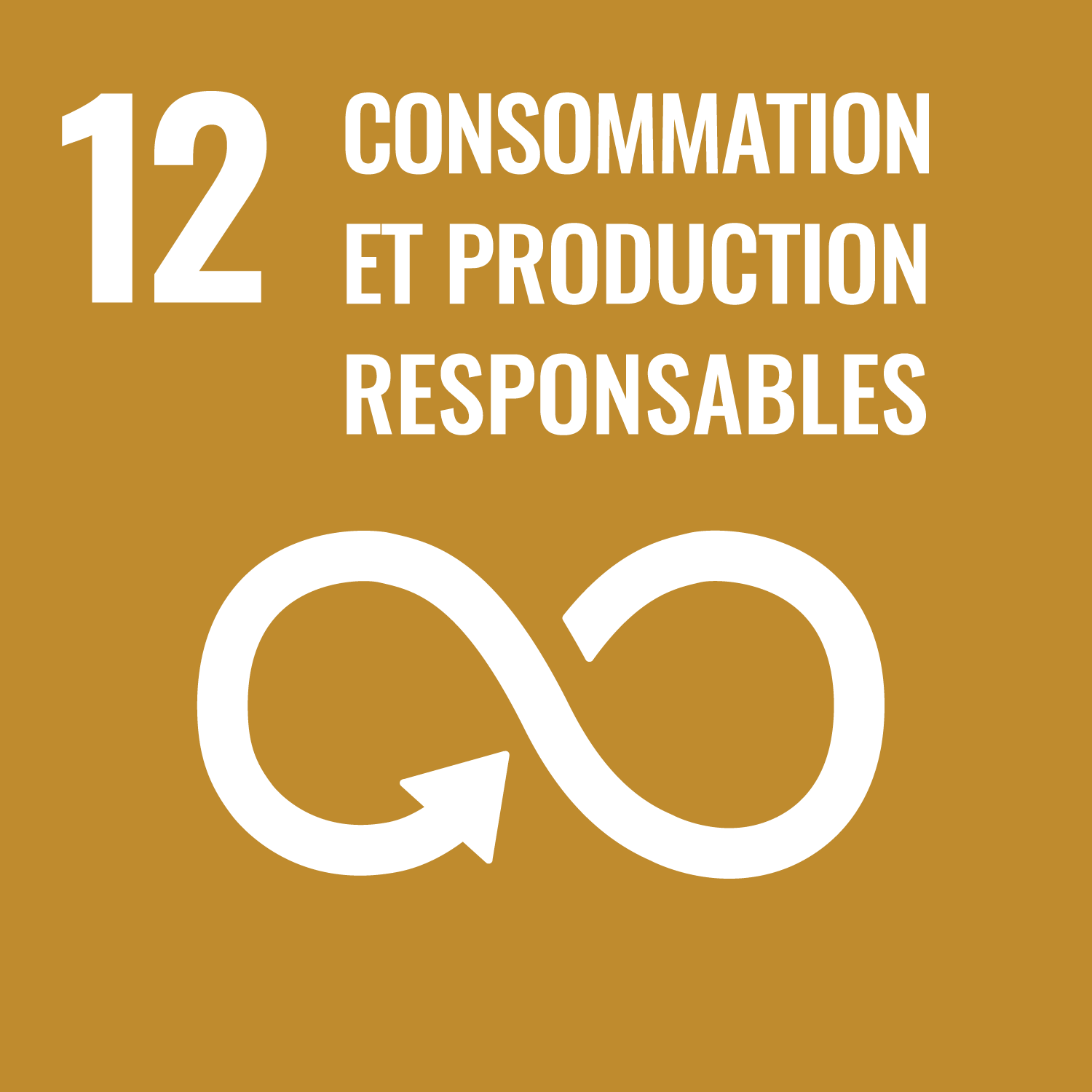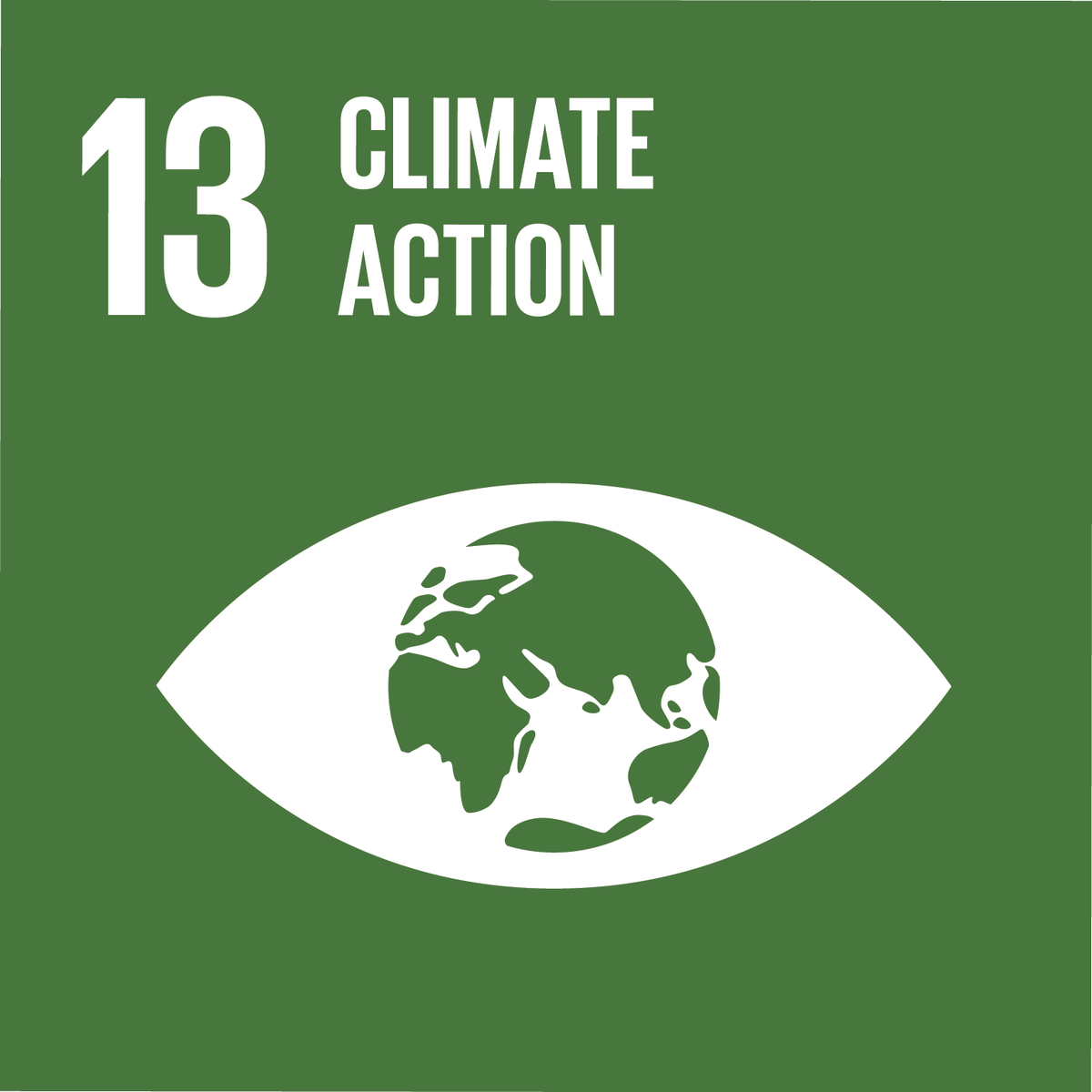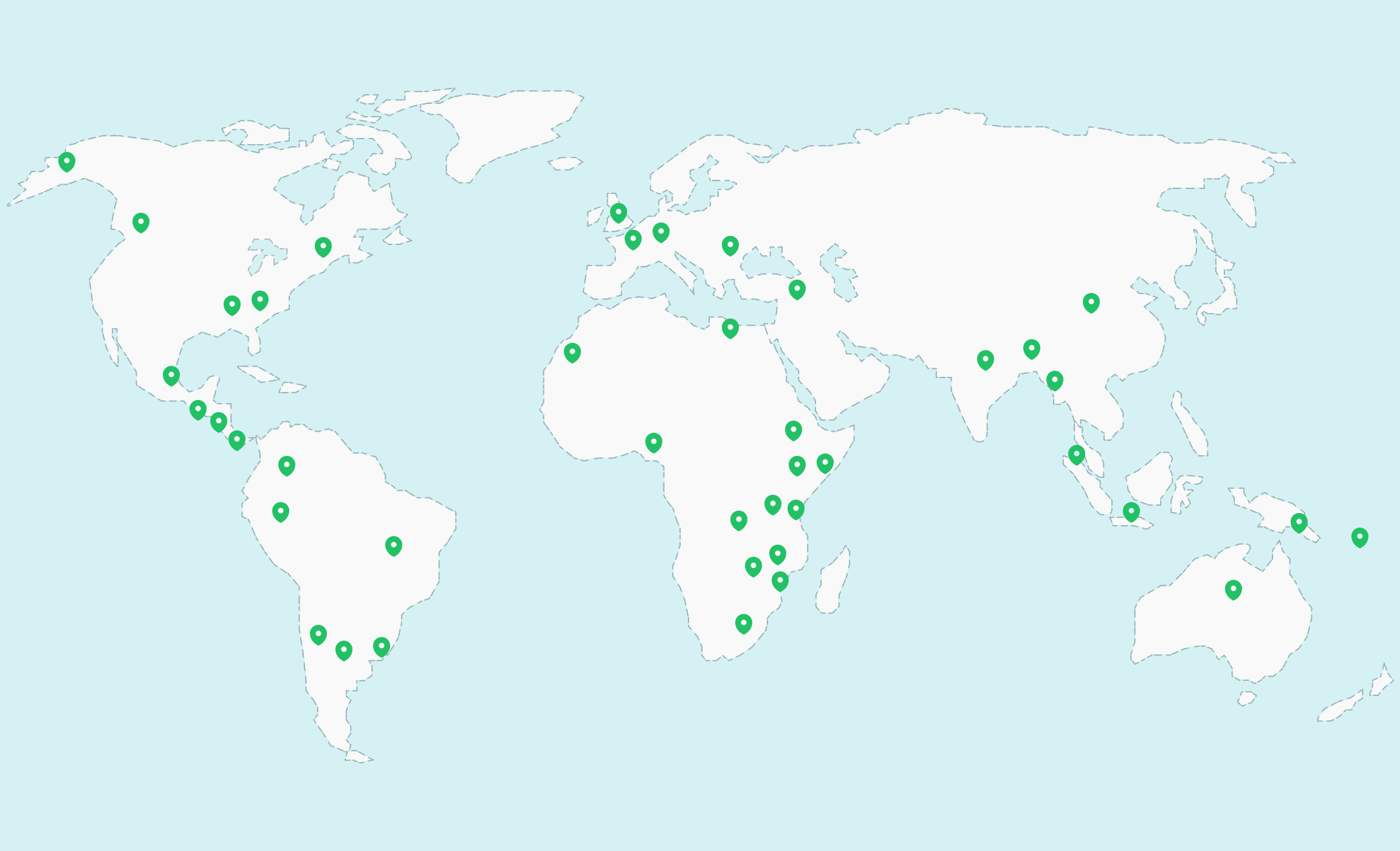Carbon Credits from Waste Management Projects
A deep-dive into Waste Management projects to avoid carbon footprint and that generate carbon credits
What are Waste Management projects?
Waste management projects focus on how we handle waste to minimize its impact on the environment and on human health. Instead of treating waste as the last part of the production chain, these projects are working with the waste to create sources of energy, reduce pollution and reduce carbon emissions. These projects adopt a more circular approach to climate solutions.
These projects are referred to as carbon avoidance projects, preventing carbon emissions that would have been released into the atmosphere.
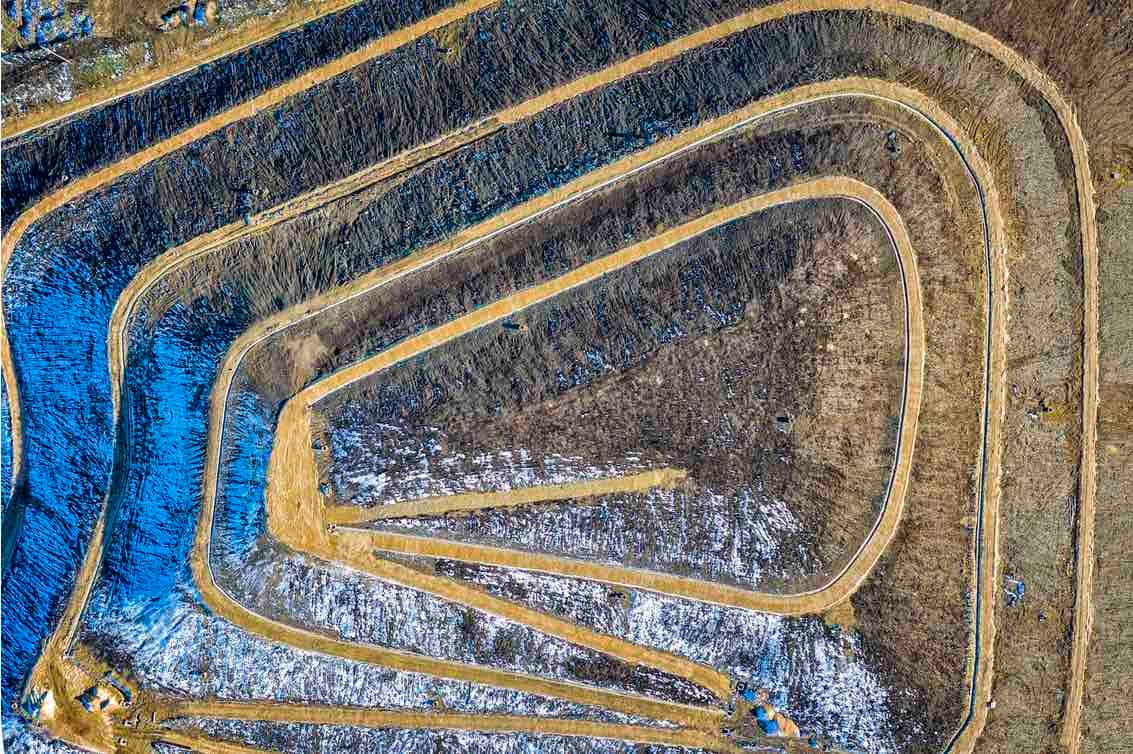
Waste Management projects
Recycling projects
The recycling, recovery and reuse of plastics, metals and paper to name a few, help reduce the amount of waste sent to landfills and therefore lower CO2 emissions. By working with recycled material instead of material from virgin inputs, the energy required is lessened as well as the environmental strain of natural resource extraction. Projects that are introducing circular business models and innovative technologies means new employment opportunities for local communities. This typology is taking materials that are often left untreated, unrecycled, and abandoned in landfill, and creating positive climate recovery solutions with it.
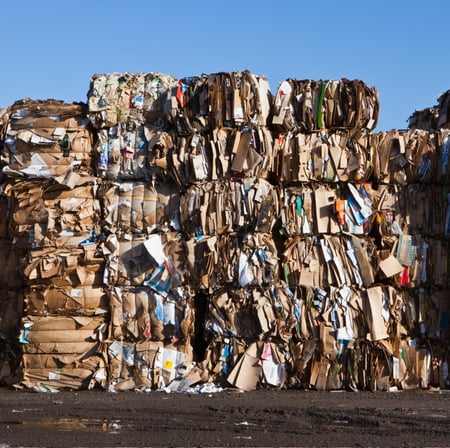
Methane recovery & avoidance projects
Methane recovery projects take landfill gas and turn it into electricity for local communities or straight into the national grid. The transfer of this gas helps to avoid CO2 and methane emissions, improve safety, improve livelihoods as the local communities no longer have an unpleasant smell in the air, and produce clean and renewable energy. These projects are often found in communities where agriculture shapes the landscape and way of life. Extra benefits of the project activities include income generation in the form of on-the-job and specialized training for the environmental impacts of renewable energy production.
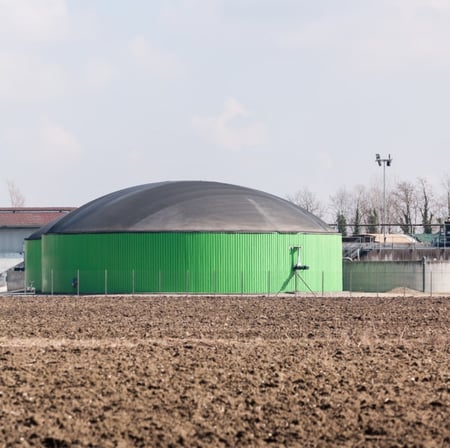
A project example: Sustainable Community in Canada
Subcategory: Recycling
This is the first cluster project of more than 800 projects validated under the VCS that aggregates GHG reductions in a one-stop shop for its members. The Community Agglomeration business model of hundreds of micro GHG reduction projects is intended to be a catalyst for local action to engage a variety of stakeholders. It has received the confirmation and validation by the VCS standard for its project renewal for the period from 2020 to 2029.
The project already avoided 22,852,000 tCO2e for the period 2010-2019 and has the potential to additionally reduce 34,259,000 tCO2e. It received the Solar Impulse Efficient Solution label in 2020 as it aims to reduce the GHG emissions originating from small emitters of the industrial, commercial and institutional sectors. The renewal process, which began in April 2020, included updating the additionality criteria analysis as well as the development of a transportation-related GHG reduction segment through the development and use of an automated traceability platform.
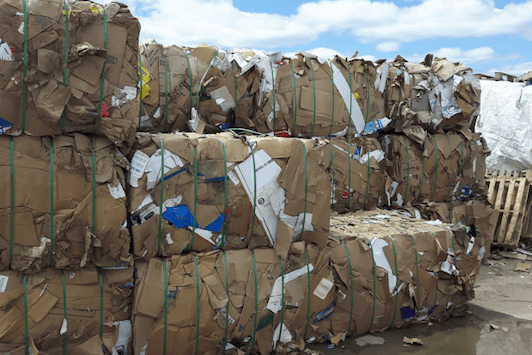
Diversion
of waste from the landfill
Energy efficiency
in buildings and fuel switch
Innovative
business model
Reduced
34,259 million tCO₂e
Our other projects
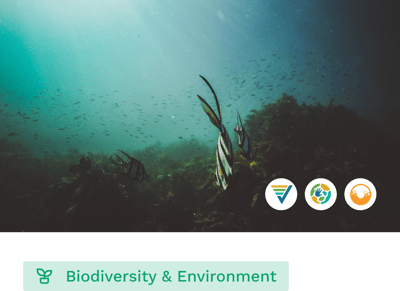
Blue Carbon
Avoidance
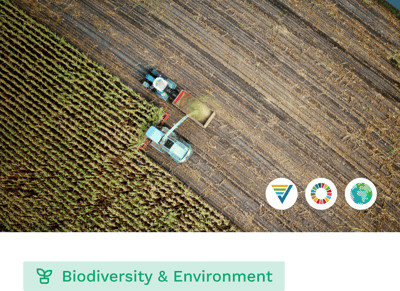
Agriculture
Avoidance

Household and Community Devices
Avoidance
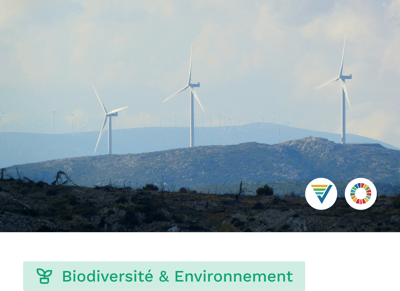
Renewable Energy
Avoidance
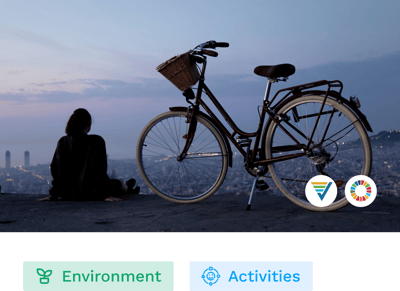
Transportation
Removal
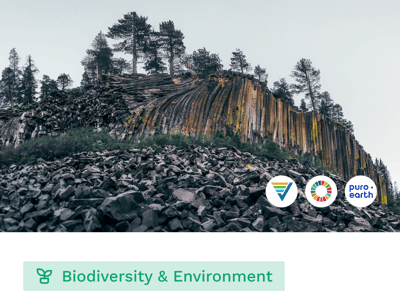
Tech-based and Hybrid
Removal
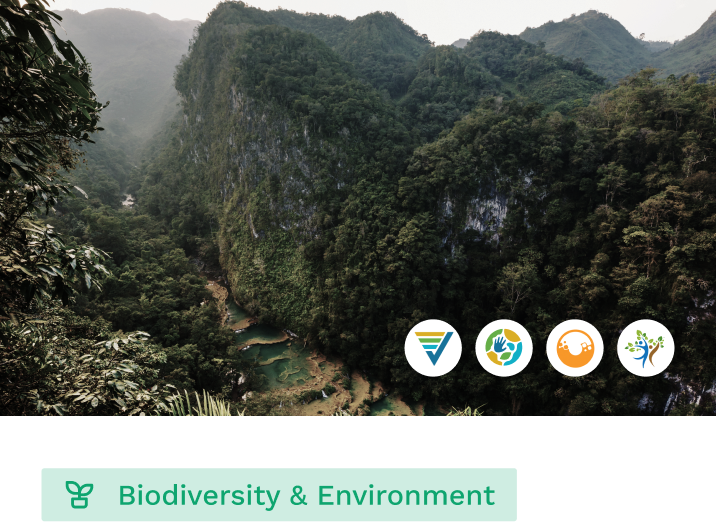
Forestry and Land Use
Removal & Avoidance
